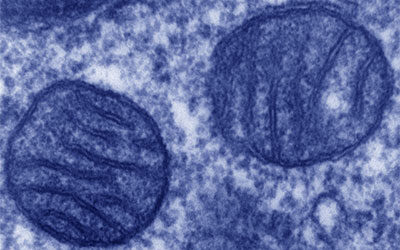
Dear Donna,
Is there a difference between Omega 3 fatty acids found in fish oil and other sources, like flax seed oil?
Donna’s response:
Supplementing your diet with omega-3 fatty acids is essential for good health, but all omega-3 sources are not the same!
Omega-3 fatty acids can be divided into 3 main types:
• EPA (Eicosapentaenoic Acid)
• DHA (Docosahexaenoic Acid)
• ALA (Alpha-Linolenic Acid)
You can find EPA and DHA in oily fish and fish oil supplements while flaxseeds and flaxseed oil are the best sources of ALA.
EPA and DHA from fish oil are better sources of omega-3 essential fatty acids than the ALA in flaxseed oil. ALA is a “precursor” to omega-3; your body takes the ALA and then must turn it into more useable EPA and DHA that is already available in fish. In otherwords, there is no further conversion needed with fish oil…it is already there.
Besides the ALA not being readily useable, there are other reasons fish oil may be superior to flaxseed oil. While fish oil supplements have no serious side effects, there have been some reports of allergic reactions and anaphylactic shock with the consumption of flax and flaxseed oil.
Men, too, should take care when deciding which omega-3 source to use. Some studies show that increased intake of flaxseed oil could encourage the growth of prostate cancer.
So if you want safe, useable, healthy omega-3 essential fatty acids, fish and fish oil supplements are a more certain and perhaps safer bet.
For a happier, healthier world,
Donna
-
Earthwalker is the username that PT founder Julie Genser created for her online interactions so many years ago when first creating Planet Thrive.
Julie's (Earthwalker's) life was derailed over twenty years ago when she had a very large organic mercury exposure after she naively used a mouth thermometer to measure the temperature of just-boiled milk while making her very first pizza at home. The mercury instantly expanded into a gas form and exploded out the back of the thermometer right into her face. Unaware that mercury was the third most neurotoxic element on Earth, Julie had no idea she had just received a very high dose of a poisonous substance.
A series of subsequent toxic exposures over the next few years -- to smoke from two fires (including 9/11), toxic mold, lyme disease, and chemical injuries -- caused catastrophic damage to her health. While figuring out how to survive day-to-day, and often minute-to-minute, she created Planet Thrive to help others avoid some of the misdiagnoses and struggles she had experienced.
She has clawed her way over many health mountains to get to where she is today. She is excited to bring the latest iteration of Planet Thrive to the chronic illness community.
In 2019, Julie published her very first cookbook e-book called Low Lectin Lunches (+ Dinners, Too!) after discovering how a low lectin, gluten free diet was helping manage her chronic fascia/muscle pain.
View all posts










No offense, but I disagree. Not only are fish oils more susceptible to rancidity, you can certainly get TOO MUCH EPA,DHA and HPA, and it can cause heart problems, and possibly worse. Also, The Gerson institute has been CURING cancer for over 70 years with flaxseed oil, not causing it. Also, there is the possibility oh toxins in the fish being present in the oils as well. Your body can convert the omega 3’s from flaxseed into any type of omega 3’s it needs, but you can’t convert back into ALA. If you insist on using an animal based omega 3 source, Pure arctic krill oil is the best. Where do you think whales get their omega 3’s?
I think you should check your sources next time, Donna.